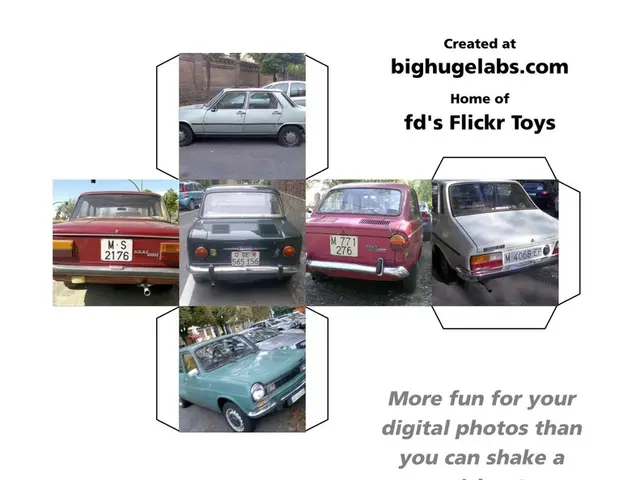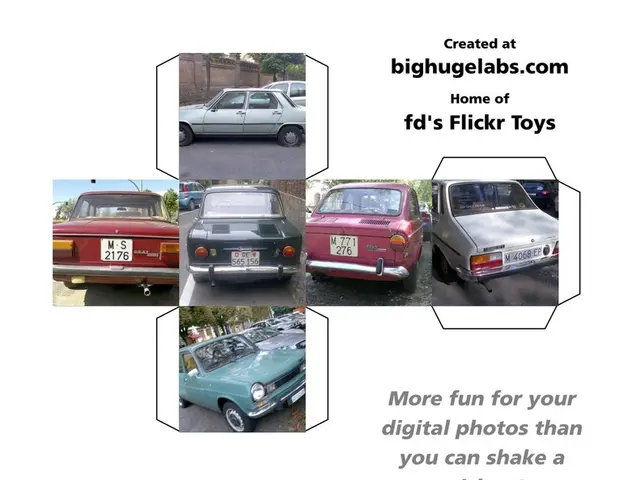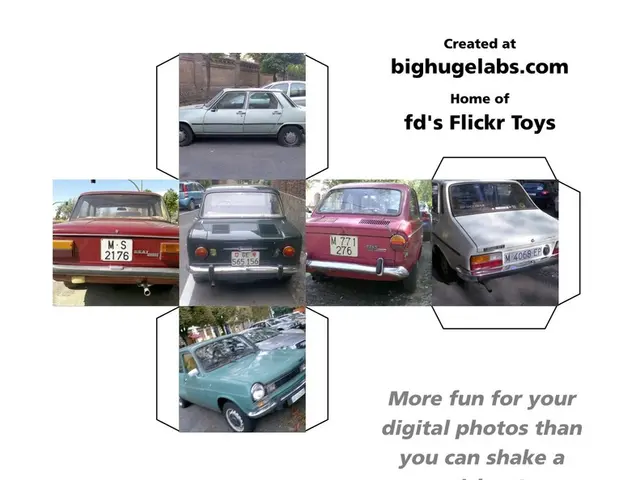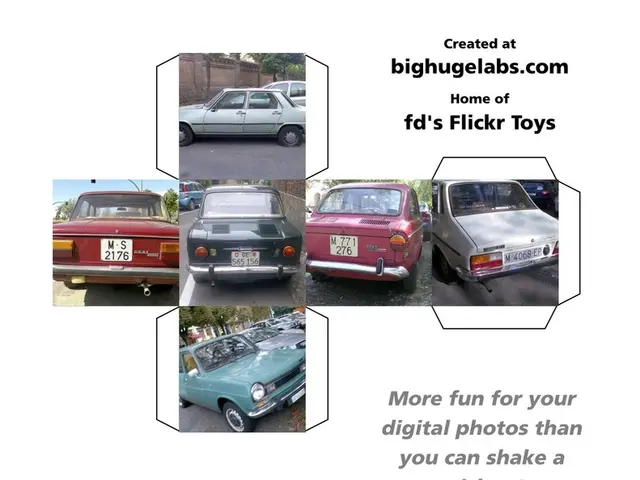Riding the Electric Wave: Reshaping Saxony's Automotive Landscape
Discussion on the Automotive Future in Saxony: Meeting in Zwickau - Discussions on the Automotive Sector's Future in Saxony - Chat in Zwickau
In the heart of Saxony, a dynamic dialogue between political and business heavyweights is taking center stage at the "Car Talk" in Zwickau. These visionaries aim to devise innovative solutions, working together to ensure a prosperous long-term future for Saxony's automotive industry.
Saxony's automotive mavericks have weathered numerous storms, from the chip shortage to navigating production under pandemic conditions, and addressing challenges in the supply chains. Yet, it's a bitter pill to swallow as the transformative Volkswagen plant in Zwickau, a shining example of resilience, faces the inevitable decrease in traditionally fueled engines' production.
The Volkswagen plant in Zwickau made automotive history by churning out its electric million at the beginning of May, the first site in its group to manufacture solely electric vehicles since November 2019. In fact, almost every second registered electric vehicle from the Volkswagen Group hails from Zwickau.
However, the plant faces a stinging setback due to the unexpected lag in electric vehicle demand. This has led to the non-renewal of temporary contracts and stopping the night shift on the two production lines.
Saxony, with vehicle, engine, and battery plants from brands such as Volkswagen, BMW, Mercedes-Benz, and Porsche, stands among the top 5 German automotive locations. Each eighth car and 40% of all electric passenger cars made in Germany come from this Free State. The automotive industry employed 95,000 people in Saxony by 2023, accounting for 28.6% of the region's industrial revenue and 39.7% of its export revenue.
Saxony: The Heartbeat of Germany's Automotive Pulse
- Saxony
- Zwickau
- Electric Vehicles
- Automotive Industry
- Car Manufacturing
- Transition
- Crisis Management
- Volkswagen
- BMW
- Sustainability
- Collaboration
Key Points to Navigate the Storm
- Adapting to the New Era: Traditionally fueled cars are giving way to the age of electric mobility, with Zwickau's Volkswagen plant being one of the pioneers.
- Weathering the Demand Fluctuations: Despite substantial investments and successful transition to electric vehicle production, the demand is not witnessing the anticipated growth, leading to adjustments in the workforce and production schedules.
- Industrial Challenges: The automotive industry in Saxony has faced a slew of challenges, including the chip crisis, pandemic production hurdles, and supply chain snags.
Paving the Road to a sustainable Future
- Electrification and targeted Investment: Saxony has championed the shift to electrification, making it a key player in the new world of electric cars. Volkswagen's Zwickau plant stands as a beacon of this transition.
- Industrial Powerhouse: With a powerful presence of six vehicle, engine, and battery plants operated by VW, BMW, Mercedes-Benz, and Porsche, Saxony continues to assert its significance in Germany's automotive sector.
- Competitiveness and Circular Economy: Players in the industry underline the importance of maintaining competitiveness and exploring new avenues like the circular economy for sustainable growth.
- Industry Partnerships: The ongoing collaboration between political and business leaders remains crucial for shaping a prosperous and resilient automotive landscape amidst the sector's transformation.
- Saxony's Community policy must prioritize adaptability, focusing on the transition from traditional fueled cars to electric mobility, emulating the pioneering efforts of the Volkswagen plant in Zwickau.
- Employment policy in Saxony should be flexible to weather demand fluctuations in the automotive industry, as demonstrated by the Volkswagen plant's need to adjust their workforce and production schedules due to the sluggish growth in electric vehicle demand.
- In light of industrial challenges such as the chip shortage, pandemic production hurdles, and supply chain snags, Saxony's employment and finance policies should foster resilience and crisis management strategies to keep the automotive industry competitive.
- Tax incentives and subsidies for investments in the electrification of vehicles may encourage the growth of the automotive industry in Saxony, as it has been a key player in the new world of electric cars, as demonstrated by the Volkswagen plant in Zwickau.
- Strong partnerships between Saxony's automotive businesses and regional authorities, as exemplified by the ongoing collaboration in Zwickau's "Car Talk", will be instrumental in shaping a sustainable and prosperous future for the automotive industry, particularly as it navigates the transformation towards electric mobility.








